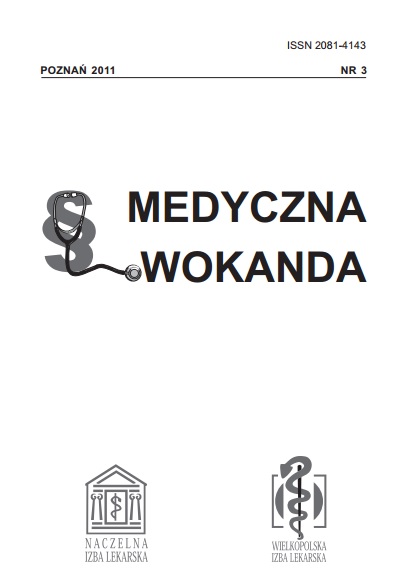Pozyskiwanie komórek krwiotwórczych w teorii i praktyce
Provision of haematopoietic cells in theory and in practice
Author(s): Ewa Speichert-Mądra, Krzysztof OlbromskiSubject(s): Law, Constitution, Jurisprudence, Human Rights and Humanitarian Law
Published by: Naczelna Izba Lekarska
Keywords: haematopoietic cells
Summary/Abstract: Transplantations of haematopoietic cells are universally accepted in treatment of primarily proliferative diseases of haematopoietic system as well as metabolic and immunological diseases, and many others. Stem cells are still being collected from bone marrow but increasingly also from peripheral blood, preceded by mobilisation of these cells. The use of stem cells taken from cord blood shows a great promise as well. Due to a great diversity among HLA-antigens the possibility of finding a matching, unrelated donor of stem cells depends on the existence and close collaboration of world-wide registers of unrelated bone marrow and cord blood donors. The more examined and registered potential bonemarrow donors, the greater chances of saving another life. The Act of 17. July, 2009 – amending the Act on collection, storing and transplantation of cells, tissues and organs – standardises in detail the principles of providing bone marrow donors in Poland, and the task assigned to the Central Register of Unrelated Donors of Bone Marrow and Cord Blood (Poltransplant, CRNDSiKP). The Act imposes finding of potential bone marrow donors on Centres of Bone marrow Donors, and then reporting them to the Poltransplant Register. The latter, acting by the Organisational-Coordinating Centre for Transplantation, will transfer the data to Bone Marrow Donor Worldwide (BMDW).
Journal: Medyczna Wokanda
- Issue Year: 3/2011
- Issue No: 3
- Page Range: 17-24
- Page Count: 8
- Language: Polish

